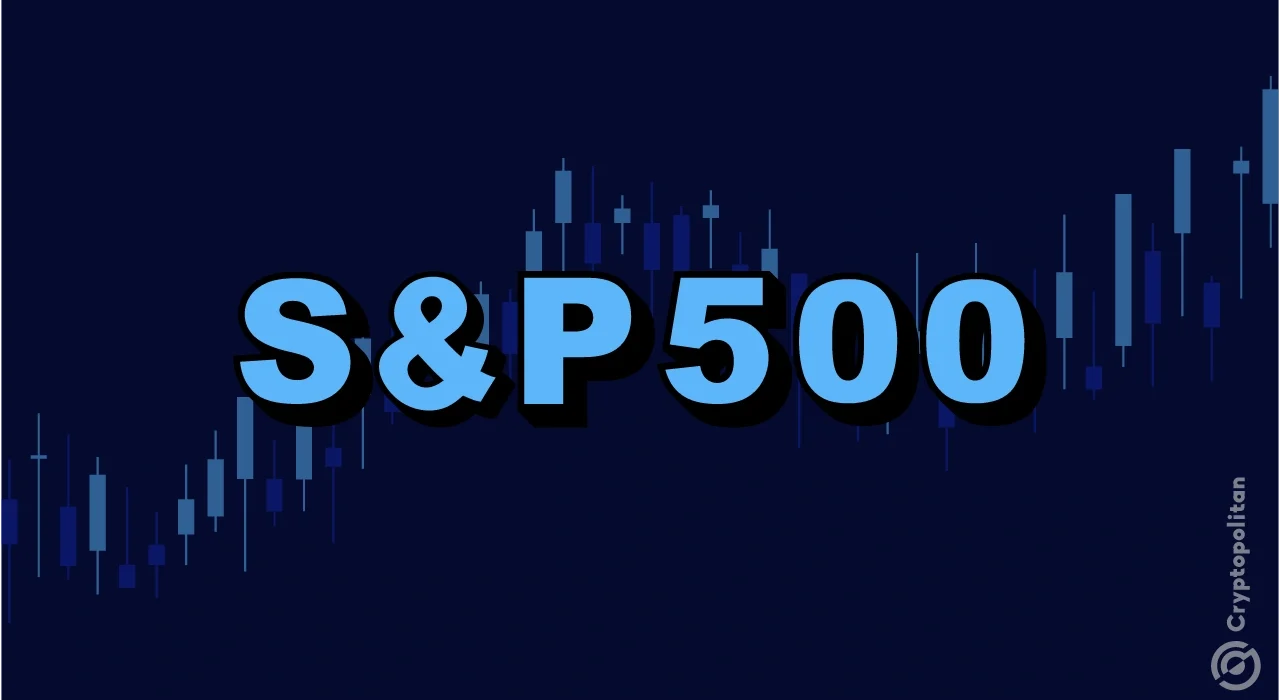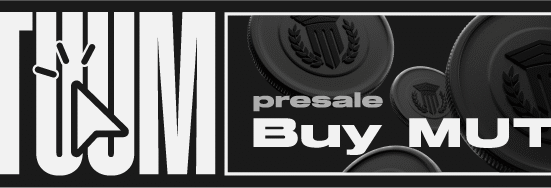Stocks in U.S. markets shattered records again on Friday, with the S&P 500 and Nasdaq Composite reaching fresh all-time highs after November jobs data landed slightly above expectations.
The broad S&P 500 gained 0.25%, closing at 6,090.27, while the Nasdaq Composite surged 0.81%, finishing at an impressive 19,859.77. Tesla, Meta Platforms, and Amazon led the Nasdaq’s charge. On the other hand, the Dow Jones Industrial Average wasn’t so lucky, dropping 123.19 points, or 0.28%, to end at 44,642.52.
Both the S&P 500 and Nasdaq have now posted three straight weeks of gains, rising 0.96% and 3.34% over the last week, respectively. The Dow fell behind, shedding 0.6% over the same period.
These movements came as traders digested a better-than-expected November labor report, which eased worries about an overheating economy and raised expectations for another Federal Reserve rate cut.
Jobs data fuels optimism
November’s labor report, released Friday, showed nonfarm payrolls increasing by 227,000, easily outpacing the Dow Jones estimate of 214,000. This was a dramatic jump compared to October’s upwardly revised gain of just 36,000. The unemployment rate crept up to 4.2%, as expected.
The numbers painted a picture of a labor market that is clearly softening, a sweet spot for those betting on the Fed cutting rates. The CME Group’s FedWatch Tool, which tracks market expectations for Fed moves, put the probability of a December rate cut at 85% after the report.
Despite the cooling labor market, Fed Chair Jerome Powell has maintained that policymakers aren’t in a rush to lower rates, though the latest data may provide the justification they need to act.
Tech stocks dominate as retail patterns change
Tech stocks carried much of the day’s weight, with Tesla, Meta Platforms, and Amazon driving the Nasdaq’s strong performance. This upward momentum in tech reflects investors’ confidence in these companies’ growth, even in a volatile economic climate.
Meanwhile, retail trends signaled a shift during the Black Friday season. Bank of America data revealed that online retail spending rose 7.9% in the week ending November 30 compared to the same period in 2023. At the same time, brick-and-mortar retail dipped by 0.3%.
The shortened holiday shopping season, with Thanksgiving falling five days later this year, might have contributed to the uptick in online activity. Gains in spending were reported across multiple categories, despite the decline in physical store traffic.
And then of course, retail hero Roaring Kitty made his routine re-appearance with an on-brand cryptic post that might or might not be hinting at a livestream later in the month.
Bitcoin steals the show
Bitcoin made headlines this week after surpassing the $100,000 threshold, but Citi analysts cautioned against assuming the cryptocurrency is immune to economic headwinds.
Analyst Alex Saunders warned that Bitcoin could struggle in a weakening economy or from shifts in investor sentiment, especially with tariff uncertainties and labor market dynamics at play.
“We do not think Bitcoin or other digital assets will be immune from a weakening economy,” Saunders said. He also pointed to regulatory clarity potentially favoring non-Bitcoin tokens due to Bitcoin’s classification as a commodity and its dominance in ETF vehicles.
Global markets react to political shifts
European markets wrapped up the week with modest gains. The Stoxx 600 climbed 0.2%, erasing earlier losses, while France’s CAC 40 index jumped 1.4% despite political chaos.
French Prime Minister Michel Barnier resigned on Thursday after lawmakers from both the left and right brought down his government over a controversial budget. President Emmanuel Macron criticized the move, accusing politicians of ignoring voters, and vowed to serve out his term until 2027.
In Asia, markets were mixed as South Korea grappled with political instability following President Yoon Suk Yeol’s brief imposition of martial law.
Currencies reflected some of the turmoil, with the euro slipping 0.1% to $1.0571 after recording gains from the previous session. Traders are bracing for more turbulence as central banks and governments respond to shifting economic and political conditions.
The U.S. stock market’s performance, however, remains a bright spot in an otherwise uncertain global economy.
Land a High-Paying Web3 Job in 90 Days: The Ultimate Roadmap







